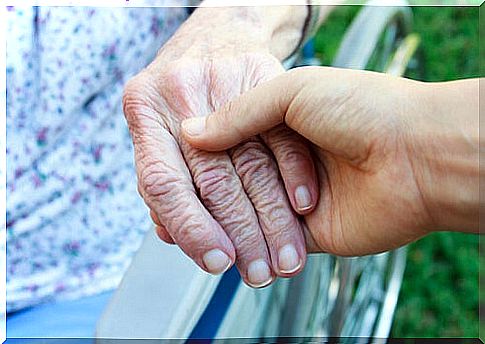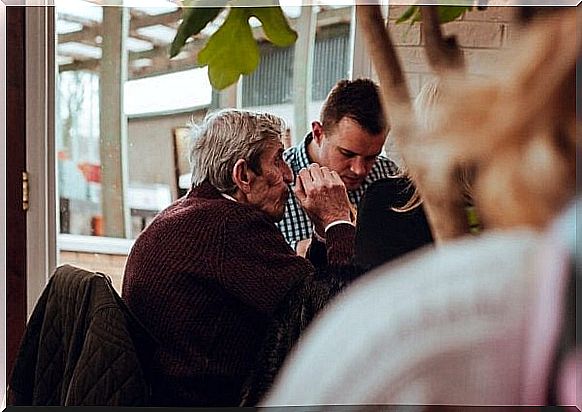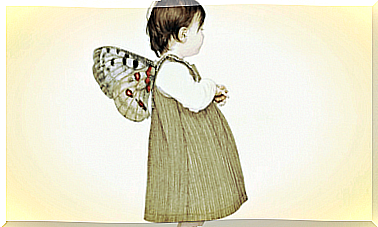Informal Care: Doing Good Is Not Easy

One day, your parents may suddenly be unable to do everything on their own. The people who always seemed invincible are now in a phase of life called old age, and you have to take care of them.
Suddenly you have to take on responsibilities that you didn’t want to have. Responsibilities you thought you would never have to carry.
But you love them, and they’ve given you so much. How can you not take care of them now that they need you?
After all the sacrifices they have made to give you a good life… The truth is that you are getting scared and frustrated that you are in this situation. Does this mean you are a bad daughter or son?
The stress of caregiving
Throwing yourself into the task of being a caregiver for someone who can’t be alone can be a lot of stress.
On the one hand, we are dealing with a beloved person who is no longer who he used to be. We see how problems keep cropping up. Behavioral and memory problems, but also physical and mental decline.
So we have to keep an eye on this person all the time. We need to control his food intake and personal hygiene.
That may not always be pleasant, so we get irritated. So we do it apathetically, and really just not very well.

And the stress doesn’t stop with family care. It extends to other areas of our lives as well. We may also experience problems at work, in our finances and relationships or experience family problems.
The costs of informal care
An increase in stress can cause emotional, social and physical problems for the caregiver.
It is normal to have negative emotions such as fear, anger or sadness. Or even a sense of guilt, or a feeling that the situation is too much for us.
Guilt of wanting to be somewhere else that doesn’t require informal care. These things clash with our moral obligations to care for our parents.
On the other hand, it can also undermine our relationships. Whether it’s not having time to do things with other people, or creating conflict when we take our stress out on them. Then the downward spiral really begins.
On a physical level, there are endless problems that can arise. From various psychophysiological disorders (that is, physical disorders caused or exacerbated by emotional and psychological factors), to problems related to caring for someone else.
What can help to ease the burden of the caregiver?
In today’s world there are many people who take care of their parents. Why don’t we all suffer from the psychological, social and physical problems we just looked at?
Because everyone’s resources and situations are vastly different, just like with any other mental illness.

Strategies for coping with stress are extremely important to protect us from exhaustion. It is not so much what happens, but more what we do and how we deal with it.
Drowning in self-pity about how bad we are or trying to avoid the situation won’t help us.
Instead, it is better to look for the best option and act on it without fear that we will screw it up. You know, who doesn’t make mistakes? And don’t you remember that’s how we learn?
But besides how one manages the situation, we can’t forget about another great source of help. We are talking about social support.
Take advantage of your other relationships, ask for help with various tasks, ask for understanding and love… it can really lighten your burden. Take care of yourself so you can take care of others!
Images courtesy of Jake Thacker, JD Mason and Cathal Mac An Bheatha.









